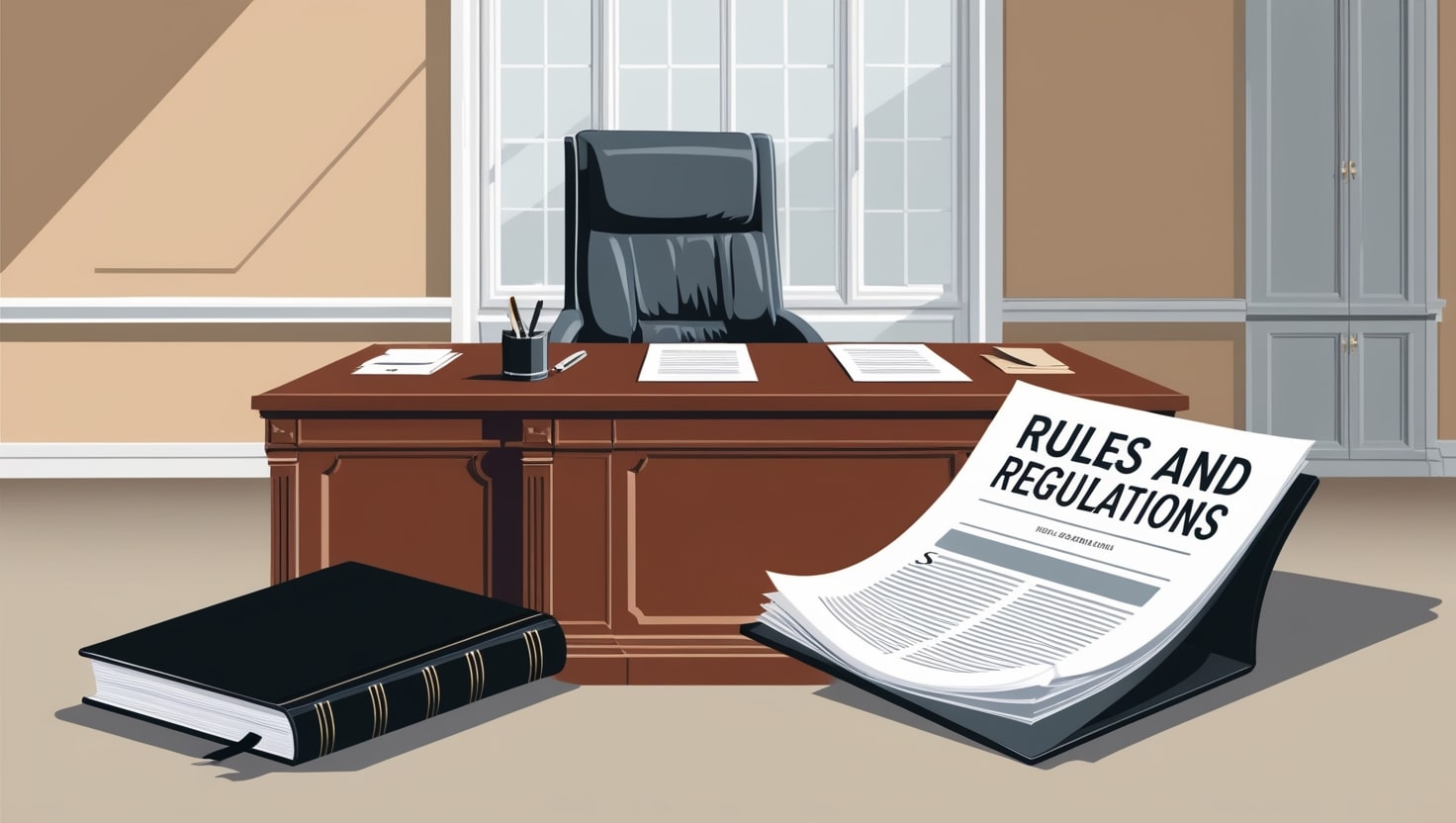Pittsburgh, United States Airbnb Rules & Regulations
Last updated on: 4th July, 2025


Last updated on: 4th July, 2025

Pittsburgh has established a framework to regulate short-term rentals (STRs) through platforms like Airbnb and VRBO, addressing safety, community well-being, and economic impact. As of 2023, the city boasts approximately 1,022 active Airbnb listings, highlighting the popularity of STRs among both hosts and visitors.
Current proposed regulations mandate that all short-term rental operators obtain a city license, which must be renewed annually. This is a significant shift from the previous landscape where no formal licensing was required. Hosts are required to provide detailed documentation including: - The street address of each rental unit. - The number of units on the property. - Host's name and contact information. - Identification and occupancy permits, if applicable.
Further, operators must maintain logs of all guests and designate a local contact person for emergency situations. One of the contentious elements is the proposed limit of 15 days on a guest's stay, which has sparked pushback from hosts.
Operators must collect and remit a 7% hotel tax on all rental bookings. This tax is crucial for city revenue, contributing significantly during peak tourist seasons. Non-compliance can lead to fines and other legal repercussions.
To ensure guest safety, properties must comply with a variety of health and safety inspections which cover fire, plumbing, and structural integrity. Compliance with the International Property Maintenance Code is mandatory, ensuring that rental units are habitable and safe.
The rise of STRs has raised concerns among residents regarding neighborhood dynamics, noise levels, and the potential shortage of long-term rental housing. The City Council has acknowledged these concerns and aims to establish regulations that balance economic benefits with community integrity. Community feedback is encouraged, and transparency in handling complaints is paramount to maintaining neighborly relations.
The Pittsburgh City Council, particularly through Councilman Bobby Wilson, is actively engaging in discussions to refine STR regulations. Following significant incidents, such as a shooting at an STR, there’s been a push for stricter oversight, including mandatory registration and routine inspections.
While Pittsburgh is generally viewed as "Airbnb-friendly," with its current regulations primarily focusing on safety and compliance, potential changes loom on the horizon. Hosts must stay informed on evolving regulations to adapt their operations accordingly. Engaging with local authorities will be essential for maintaining a successful and compliant short-term rental business in Pittsburgh.